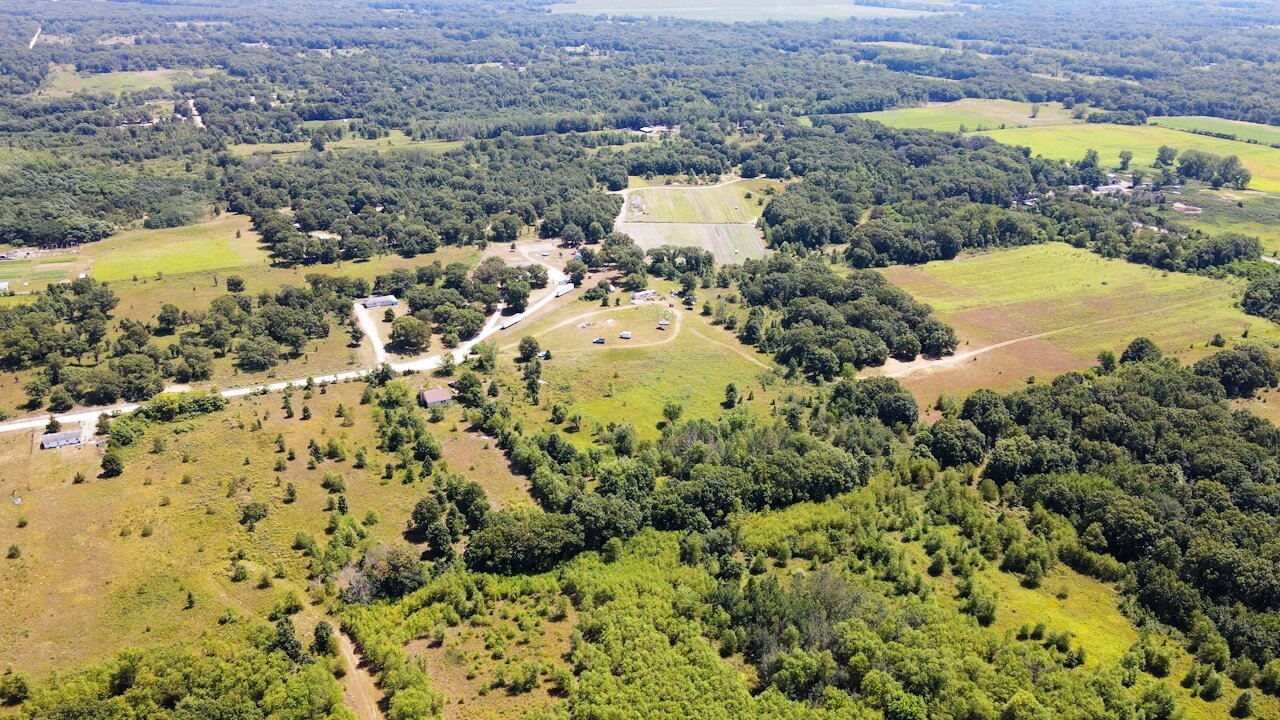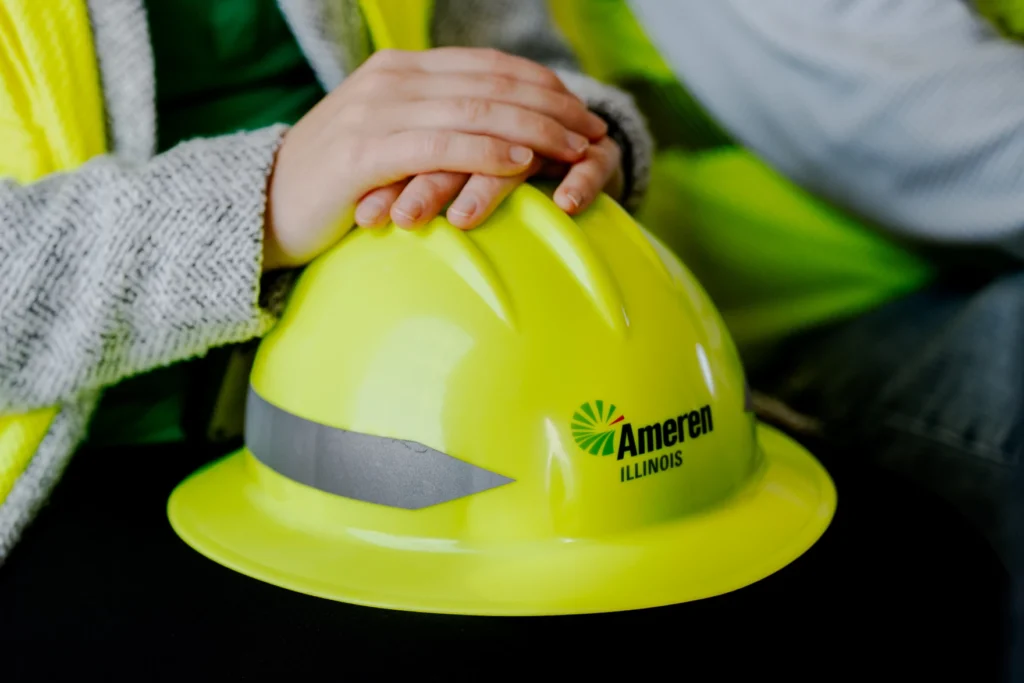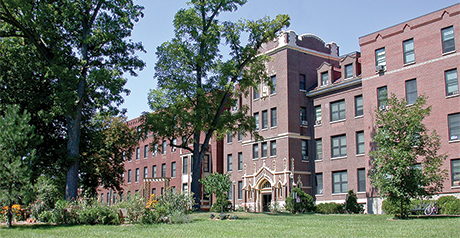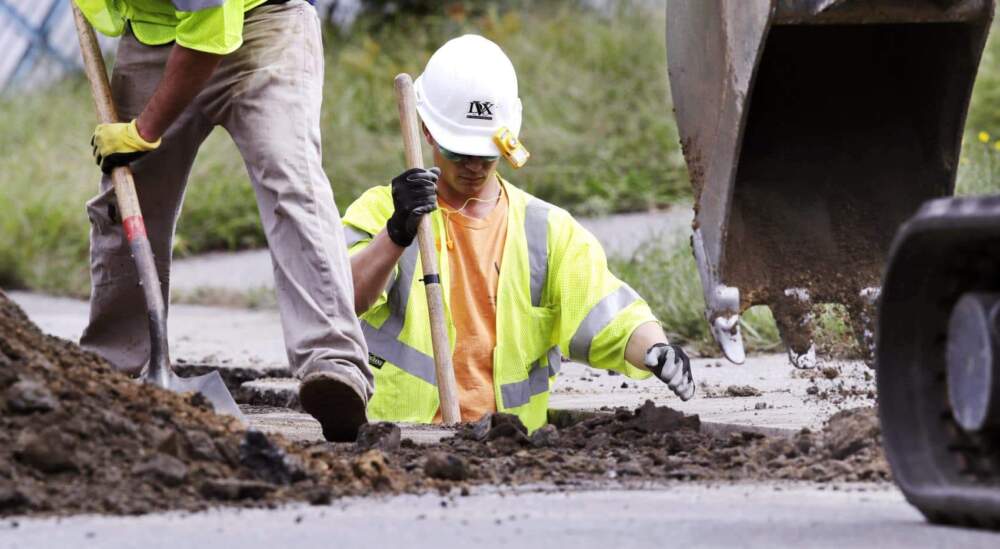By: Shanti Menon | Article from EDF Solutions Spring 2022 Issue
A historically Black farming community is battling a gas pipeline that threatens its 160-year legacy of environmental stewardship.
Most people would have driven right by the little flyer, stuck to the post of a stop sign across from a corn field. Not Dr. Jifunza WrightCarter. She pulled over and got out to read the tiny print: “Learn more about the Proposed Hopkins Park/Pembroke Township Expansion Project.”
Vaguely worded as it was, WrightCarter knew exactly what the flyer was about — a proposal from Nicor Gas to build a pipeline through her community. Wright-Carter, a family physician and community health advocate, tried to attend the online meeting referenced on the flyer. Unlike most people in Pembroke Township, a community of about 2,000 people located 70 miles south of Chicago, she had broadband access. But she never got past the virtual waiting room.
Ten other community members who did attend got little for their trouble. In recordings, the meeting facilitator is heard repeatedly telling commenters that “regulations” prohibited company officials from answering their questions.
One week later, Nicor Gas filed for approval to proceed with the pipeline, claiming that public comment did not warrant any changes to its plans.
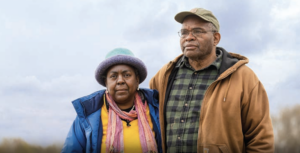
Environmental champions: Dr. Jifunza Wright-Carter and Fred Carter.
Building clean energy equity
Pembroke residents are fighting an all-toofamiliar battle: the right for low-income communities and communities of color to have a say in environmental decisions, which are often made in spaces where their voices are not represented, from federal agencies to local zoning boards.
Their struggle also highlights a looming climate injustice. Public utilities pass the cost of building and maintaining infrastructure, such as pipelines, on to customers through their bills. As more buildings go electric, gas utilities will serve a smaller customer base.
“Wealthier people can afford to upgrade to cleaner technologies,” says EDF attorney Christie Hicks. “That will leave fewer, mostly lower-income customers, to foot the bill of the existing system.” To compensate, some utilities, like Nicor, which serves 2.2 million customers in Illinois, are trying to lock in new revenue by expanding natural gas service. This also locks in decades of climate pollution at a time when Illinois and the nation are moving to reduce it. Natural gas use in buildings is already responsible for 12% of U.S. climate pollution. In addition, the expansion will burden Nicor’s customers with rising costs for decades.
EDF is fighting alongside the Pembroke Environmental Justice Coalition, co-founded by Wright-Carter, together with Blacks In Green and the Green Power Alliance, to stop the Nicor pipeline. And we’re working with states and utilities on reforms that will protect low-income communities as utilities move to clean energy.
Rich history and ecology at risk
Black people have been farming in Pembroke since the 1860s, and for decades, they supplied food to neighborhoods in Chicago and beyond. Fred Carter, Wright-Carter’s husband, remembers running to greet the melon man from Pembroke, who sold fruit from a horse-drawn cart on Chicago’s West Side.
Today, just a handful of Pembroke residents are farmers. They work the land as Pembroke farmers always have — maintaining healthy soil by rotating crops and using few or no chemicals. As a result of generations of this care, Pembroke is home to one of the last remnants of an endangered ecosystem known as black oak savanna. Fireflies still light up the night in the summertime. There are tree frogs in the woods.
Pembroke is also one of the lowest income communities in Illinois. The median household income is a little under $30,000. According to WrightCarter, “Drugs and joblessness are a problem.” Many people don’t have televisions, let alone internet. The township has never had natural gas service. People rely on propane tanks or wood burning stoves for heat and cooking.

